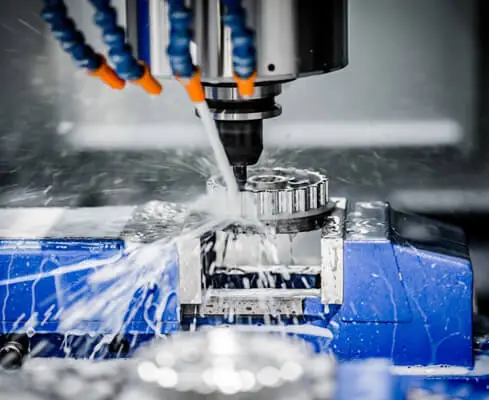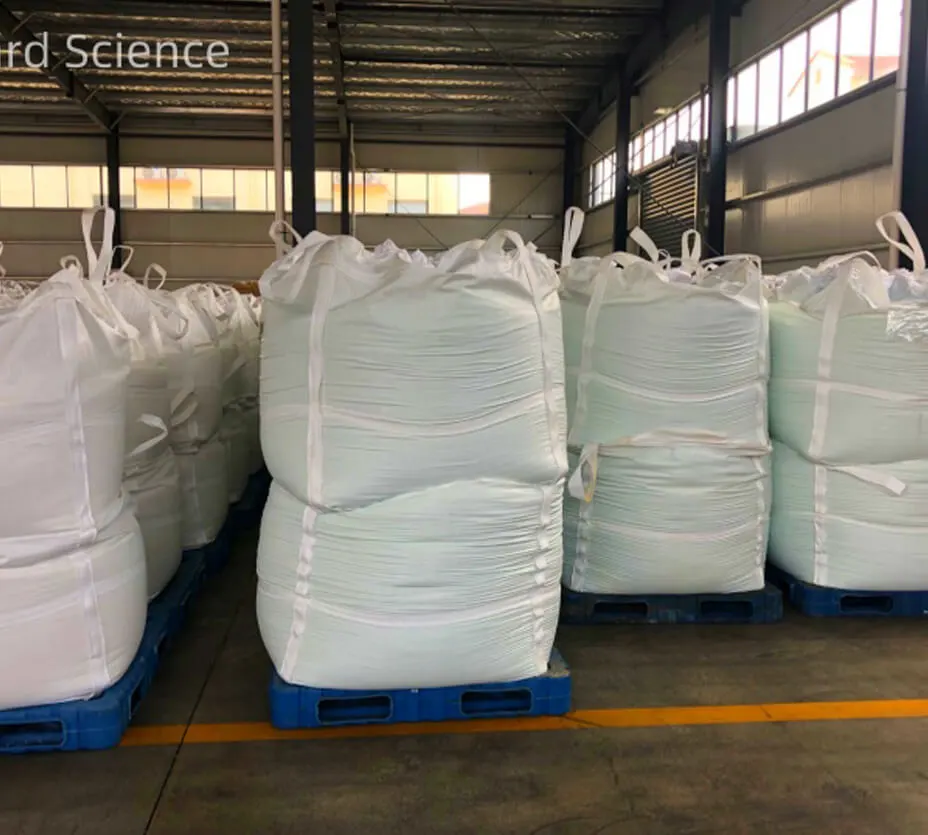English

DISODIUM PHOSPHATE is commonly used in Metalworking Fluids as a buffering agent and pH regulator. It helps maintain the desired acidity or alkalinity levels in the fluid, ensuring optimal performance and stability. Disodium phosphate also provides corrosion inhibition properties, protecting metal surfaces from rust and oxidation. Its versatile application in Metalworking Fluids contributes to effective lubrication, cooling, and protection during various machining operations.

Disodium phosphate acts as a buffering agent, maintaining the desired pH level in Metalworking Fluids, which is crucial for optimizing the performance of cutting, grinding, and machining processes.
It provides corrosion inhibition properties, protecting metal surfaces from rust and oxidation. Disodium phosphate forms a protective barrier on the metal, preventing the formation of corrosive agents and extending the lifespan of tools and equipment.
It enhances lubricity, reducing friction and wear during metalworking processes. Disodium phosphate improves the fluid's ability to reduce heat and friction between cutting tools and workpieces, promoting smooth machining operations and improving tool life.
Disodium phosphate helps stabilize Metalworking Fluids, preventing the growth of bacteria and fungi that can degrade the fluid's performance and cause unpleasant odors.

In the evolution of Metalworking Fluids, disodium phosphate has been utilized as a traditional additive for pH regulation and corrosion inhibition. Its buffering properties and ability to protect metal surfaces from rust have made it a reliable choice in metalworking applications.
With advancements in technology and the demand for higher performance, the role of disodium phosphate has expanded. It is now recognized for its multifunctional properties, including lubrication enhancement, anti-wear capabilities, and improved stability of Metalworking Fluids under demanding operating conditions.
The evolution of disodium phosphate in Metalworking Fluids has also seen advancements in its formulation. Manufacturers have developed specialized blends and synergistic combinations with other additives to enhance its performance and tailor it to specific metalworking processes, such as high-speed machining or heavy-duty operations.
Furthermore, the evolution of disodium phosphate in Metalworking Fluids has been influenced by environmental concerns. The industry has been transitioning towards more sustainable and environmentally friendly formulations, leading to the development of phosphate-free alternatives and the exploration of bio-based additives.

